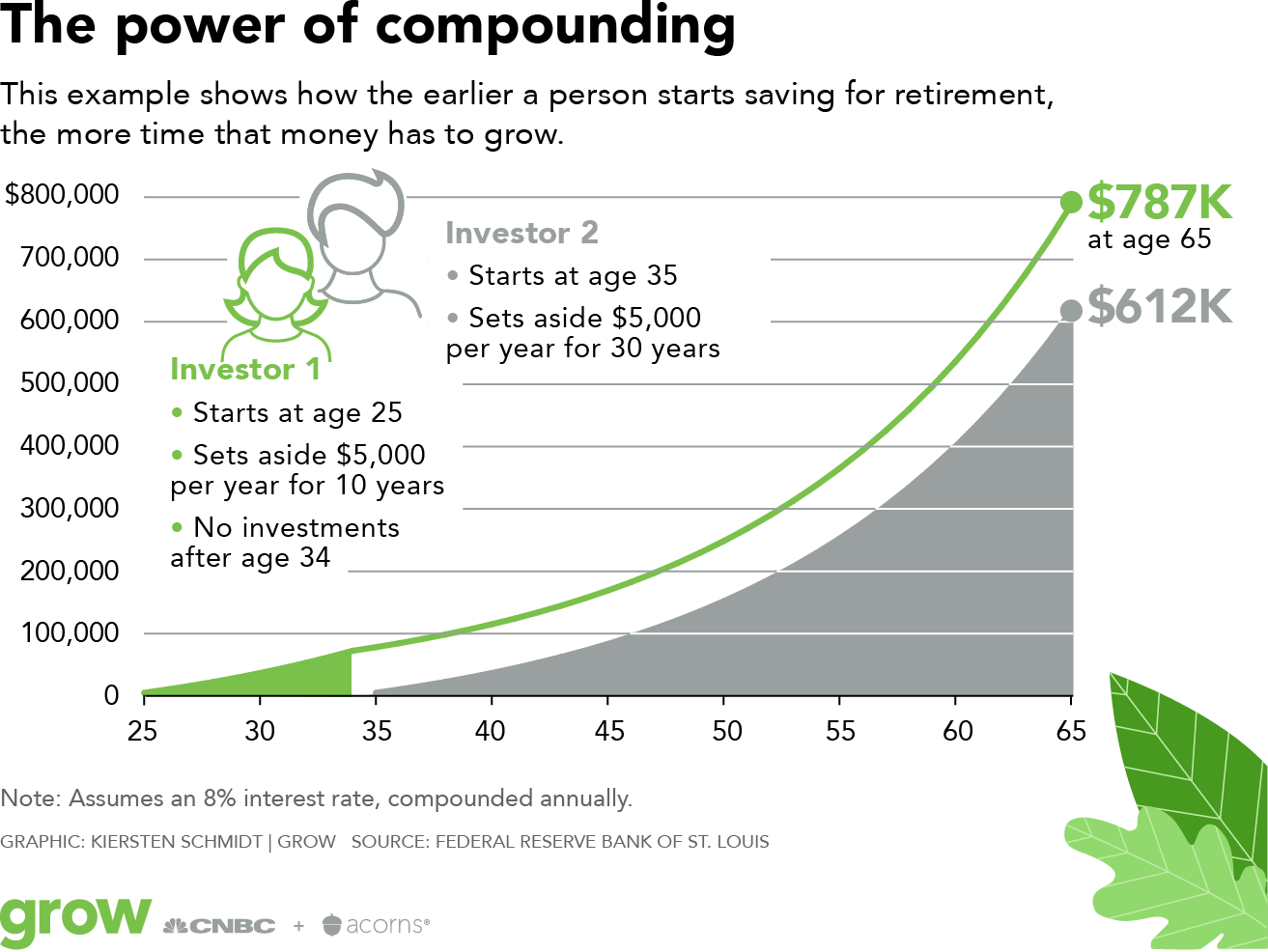If the thought of buying the stock market frightens you, you are not alone. People with really minimal experience in stock investing are either frightened by horror stories of the typical investor losing 50% of their portfolio valuefor example, in the 2 bearishness that have actually marioleqj653.trexgame.net/how-to-start-investing-blackrock-1 already happened in this millennium or are beguiled by "hot ideas" that bear the pledge of huge benefits but hardly ever settle.
The reality is that investing in the stock exchange brings danger, but when approached in a disciplined manner, it is among the most efficient ways to develop up one's net worth. While the worth of one's house usually accounts for the majority of the net worth of the typical individual, many of the affluent and extremely rich normally have the bulk of their wealth purchased stocks.
Secret Takeaways Stocks, or shares of a company, represent ownership equity in the company, which give investors voting rights in addition to a residual claim on corporate earnings in the form of capital gains and dividends. Stock markets are where specific and institutional financiers come together to buy and offer shares in a public venue.
An individual or entity that owns 100,000 shares of a business with one million exceptional shares would have a 10% ownership stake in it. The majority of business have outstanding shares that face the millions or billions. Common and Preferred Stock While there are 2 main kinds of stockcommon and chosenthe term "equities" is synonymous with typical shares, as their combined market worth and trading volumes are many magnitudes larger than that of preferred shares.

Preferred shares are so named since they have preference over the typical shares in a company to receive dividends in addition to assets in case of a liquidation. Common stock can be additional classified in regards to their ballot rights. While the standard facility of common shares is that they must have equal ballot rightsone vote per share heldsome business have dual or numerous classes of stock with different ballot rights attached to each class.